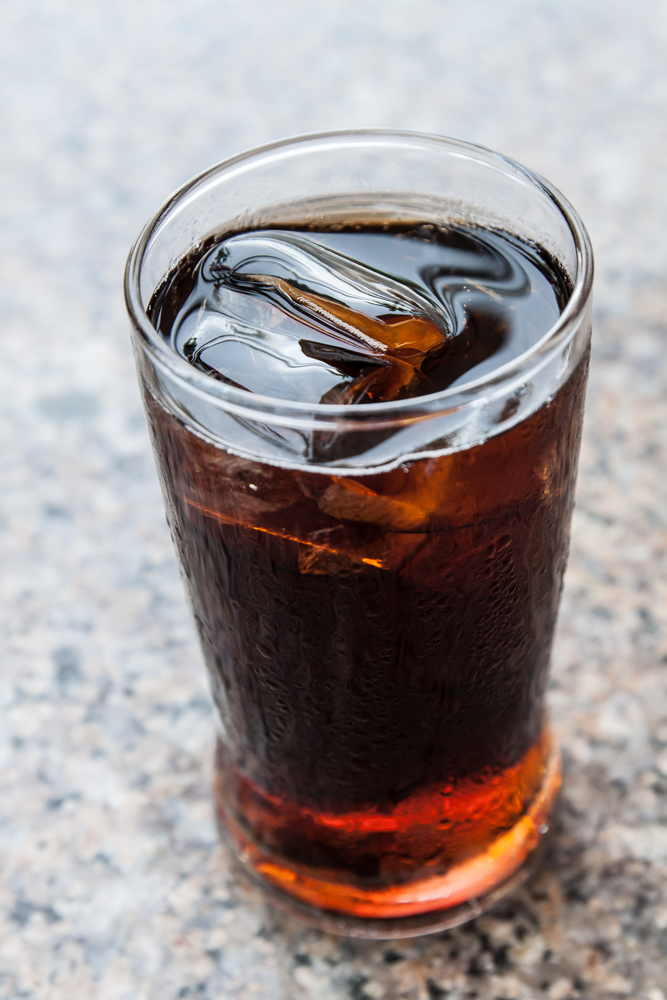- Home
- Blog
- Healthy Eating for Wellness
- Should I drink sugar-free fizzy drinks every day?
Should I drink sugar-free fizzy drinks every day?
Written by Catherine Saxelby
on Wednesday, 01 September 2021.
Tagged: healthy eating, healthy lifestyle, soft drinks, sugar substitutes
Sugar-free soft drinks, which have been around in various forms for almost 40 years, still have their problems. Remember Tab? Remember Coke Zero? Yes, they tasted sweet and saved you drinking some 40 teaspoons of sugar from each 375 ml can, but are they really healthier than regular soft drinks?
Brownie points
When you choose a diet drink, you may end up indulging in other sweet, kilojoule-dense options because you’ve been ‘good’. So, you’ll often see someone sipping a sugar-free drink while eating a chocolate bar, croissant or brownie. It confuses our brains.
Weight loss … or weight gain?
Sugar substitutes do little in the way of weight loss. In fact, the opposite may be true: some diet-beverage drinkers gain weight and have an increased risk of chronic diseases.
A 2010 study published in Physiology & Behavior concluded that regularly consuming sugar-sweetened drinks could lead to weight gain and an increased risk of developing type 2 diabetes.
In 2013, however, researchers had 200 people replace their sugary drinks with diet varieties or water for 6 months. Their conclusion? The sugar-free-beverage drinkers actually ate fewer desserts than the water drinkers. So there’s that.
A too-sweet taste?
When you drink them regularly, no-sugar soft drinks get you used to a sweet taste. This is a long-term problem for weight loss, as well as for people with type 2 diabetes, metabolic syndrome and cardiovascular disease. If your body is used to getting a super-sweet hit from diet soft drinks, it makes managing appetite much more difficult.
The sweetness signal tells our bodies to prepare for kilojoules (or calories) and our appetite is generated in readiness, but no kilojoules arrive. So we’re likely go out and consume other foods. In other words, sweeteners prep our bodies for a sugar fix but then don’t deliver. So sweeteners interfere with the learned responses that normally contribute to glucose and energy homeostasis.

How safe are they?
We know these sweeteners are safe, but what we don’t know are their long-term effects on appetite. So let’s just say, the scientific jury is still out on their long-term effects.
The bottom line
The key is only having sugar-free soft drinks as an occasional treat, not every day or when you feel thirsty. Long term, we don’t really know what these sweeteners are doing to our bodies. One or two is fine (say, if you’re going out to a club), but regularly consuming these zero-sugar drinks may lead to long-term overconsumption of other foods.
Foodwatch
The Good Stuff
The Boring Stuff
© 2025 Foodwatch Australia. All rights reserved
Website by Joomstore eCommerce





